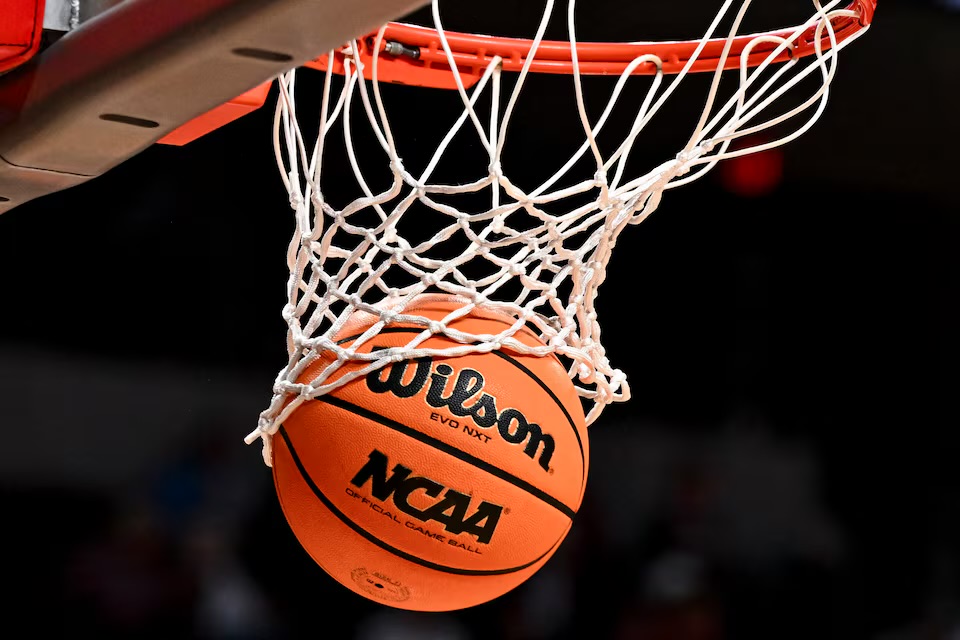A federal judge on Friday granted final approval to a landmark $2.8 billion settlement with the National Collegiate Athletic Association (NCAA), paving the way for colleges to pay student-athletes for the first time for the commercial use of their names, images, and likenesses.
The decision, issued by U.S. District Judge Claudia Wilken in Oakland, California, resolves a long-standing legal battle between the NCAA and current and former student-athletes. In her ruling, Wilken described the agreement as offering extraordinary relief and enabling compensation that had never been permitted in the history of college sports.
“This is a historic day for college sports and the rights of athletes,” said Steve Berman and Jeffrey Kessler, lead attorneys for the plaintiffs, in a joint statement.
NCAA President Charlie Baker also welcomed the ruling, saying it ensures student-athletes will continue to benefit from current opportunities while gaining access to more scholarships, significant financial benefits, and a more efficient NCAA structure.
The NCAA did not admit to any wrongdoing in the settlement, which resolves three separate lawsuits that challenged the organization’s longstanding ban on athlete compensation, arguing it violated U.S. antitrust laws. The agreement applies to hundreds of thousands of athletes dating back to 2016 and includes $2.8 billion in payments for past damages.
Under the settlement, schools will be permitted to pay athletes directly using revenue from broadcasts and other commercial sources, something previously prohibited under NCAA rules.
While the agreement faced objections from some athletes who argued it failed to provide adequate compensation or was otherwise unfair, those opponents can now appeal the decision to the 9th U.S. Circuit Court of Appeals in San Francisco.
Separately, in April, the NCAA successfully defended itself against another lawsuit in federal court in Manhattan, which sought compensation for athletes who played before 2016. That case is now under appeal.
Plaintiffs’ lawyers have projected the settlement could lead to tens of billions of dollars in benefits to student-athletes over the next decade.
Read also: US judge temporarily blocks Trump from freezing federal grants



